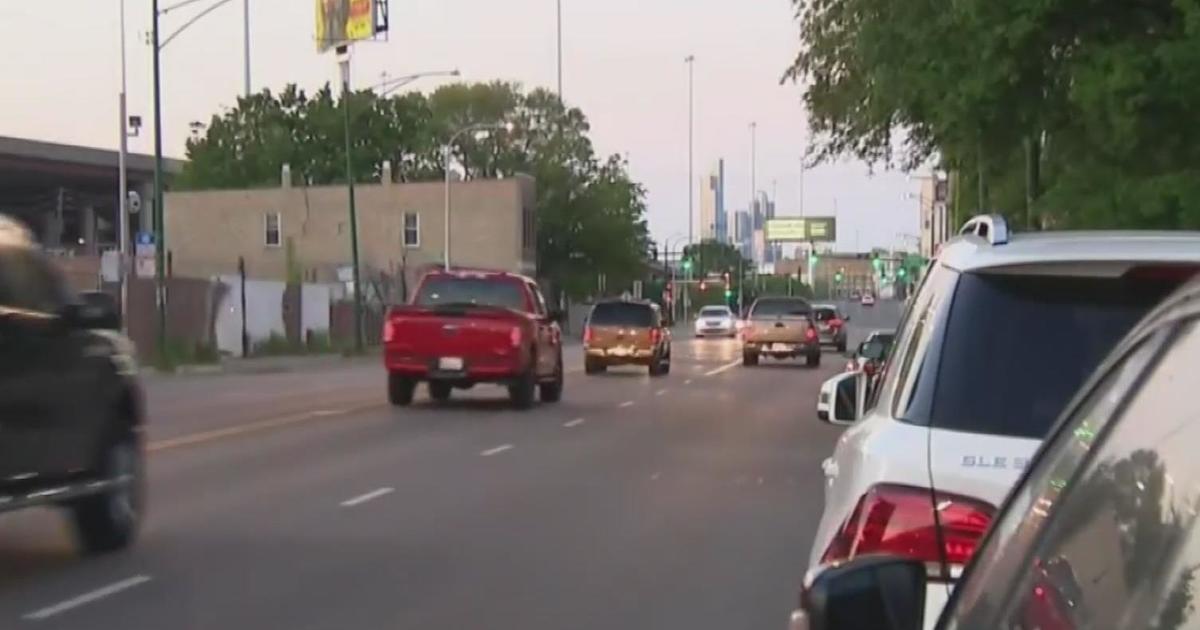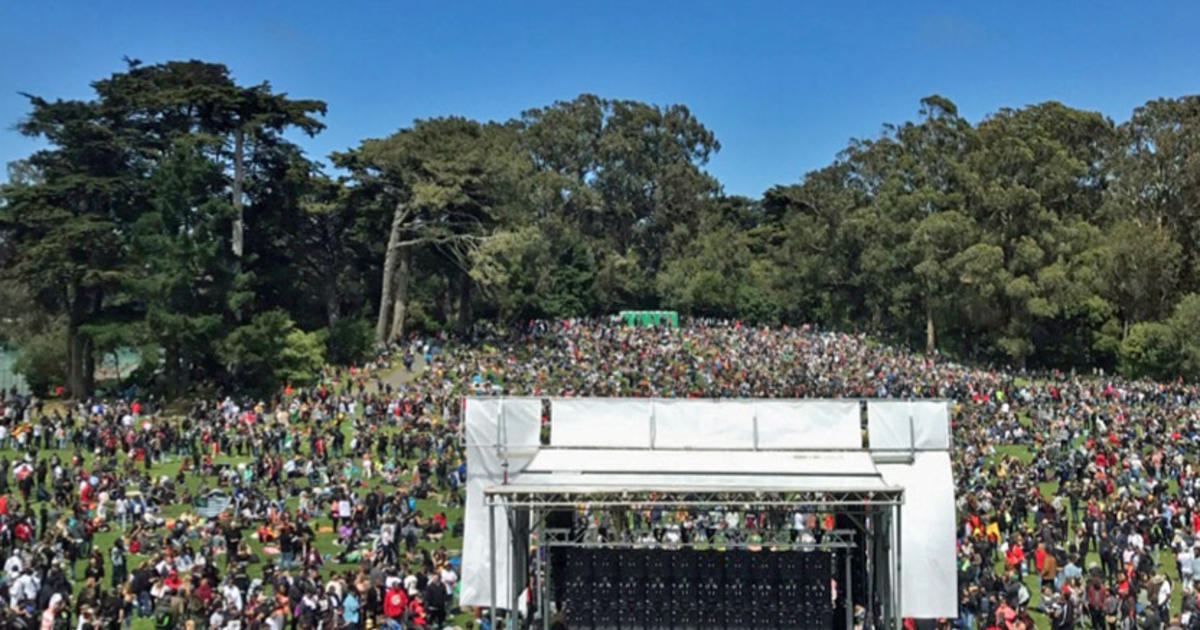Controversial Plan For Luxury Condos On SF Waterfront Heads To Voters
SAN FRANCISCO (KPIX 5) -- It's one of the most valuable pieces of real estate in the United States, so it's no surprise to hear that it's the proposed site for dozens of multi-million-dollar condominiums.
The land sits right along San Francisco's Embarcadero, between Washington Street and Broadway. After years of planning changes and multiple approvals by a handful of commissions and governing bodies, the plan is to hand developers a publicly owned parking lot in exchange for new park space that would surround 134 luxury condos.
There's just one catch. Voters have to sign off on the plan, and the campaign, on both sides, isn't doing voters any favors.
It's a development battle that's being going on for half century. Currently, the war over the waterfront in San Francisco takes the form of Proposition B, which asks voters to sign off on a luxury condominium complex called 8 Washington. The plan has opponents furious and supporters exasperated, producing questionable claims from both sides of the debate.
Controversial Plan For Luxury Condos On SF Waterfront Heads To Voters
The primary objection from the "No on B" side is that the development would create an exception to current height restrictions on the Embarcadero.
"One of the things the 'No' people have is a great message," said San Francisco Chronicle columnist C.W. Nevius. "It may not be accurate, but it's a great message, and that is: 'Don't build a wall on the waterfront.'"
The warning echoes San Francisco development fights dating back to the 1960s, and the height objection is the primary element in television ads from the "No Wall on the Waterfront" campaign. However, the San Francisco city planning process altered the design of the building to address these very height concerns.
"The planning department recommended raising the height to 136 feet in the back corner, moving the bulk to that corner, and creating a step down effect, so that the buildings in front are actually lower than they're zoned for," explained KPIX 5 political analyst Melissa Griffin.
"Far from being a wall on the waterfront, actually the tallest part of this development, the problematic part, is right next to a building that's almost twice its size," said Griffin.
So, calling 8 Washington a wall might be a stretch, but the same could be said for the main thrust of the "Yes On B" argument, which centers on the addition of waterfront park space.
While most voters love parks, they may be disappointed to see how much park space is actually contained in the project.
"This is a condominium complex first and foremost," says Nevius. "There's a park component, but let's be honest, it's not going to be a wilderness here in San Francisco"
The "Yes on B" team also likes to boast that the new development will replace a private health club that now sits on the property. In fact, during an event in support of Prop B, San Francisco Mayor Ed Lee said: "I want this waterfront of our city of San Francisco to be accessible to everybody, not just the few and privileged that today we see across the street. It's a private club."
In truth, the health club stays no matter what voters decide.
"While it clearly bothers some people that there's a private club on this property, remember, it's not going anywhere. It's going to be rebuilt," said Griffin, describing the future of the Golden Gateway tennis and swim club. "It's going to be smaller, and there won't be tennis courts and there will only be one pool, but you'll still have to pay to be a member to use those facilities."
Issues of wealth and access are fueling another argument from the "No on B" campaign, and that is San Francisco's cost of living crisis.
"Ultra luxury condos that would cost an average of five million dollars each. Who can afford that?" asks Jon Golinger, a spokesman for the "No Wall on the Waterfront" campaign.
While San Francisco is certainly suffering from a lack of low and middle-income housing, the waterfront may not be the most suitable location to build it.
Nevius points out that the developers "are going to contribute affordable housing money to other buildings, which is the law in San Francisco. $11 million will go [to San Francisco's affordable housing fund]. You may disagree, that it may not be enough, but the idea that we're going to build affordable housing here for middle income or blue collar people, that's not going to happen."
One more thing voters might want to consider is why they are even being asked to vote on this development. The planning for this development started almost a decade ago, and the plans being presented to voters were approved through a process that lasted eight years.
"These guys have been approved," Griffin said of the developers. "Everybody from the board of supervisors, to the planning department, the Bay Conservation & Development Commission, to the port commission."
And that, said Nevius, should prompt voters to ask questions larger than the footprint of 8 Washington: "Are we going vote on everything? Are we never going to trust the process and say, 'this is why we have city government. This is why we elected the officials, to make these kinds of decisions.'"
(Copyright 2013 by CBS San Francisco. All Rights Reserved. This material may not be published, broadcast, rewritten, or redistributed)



